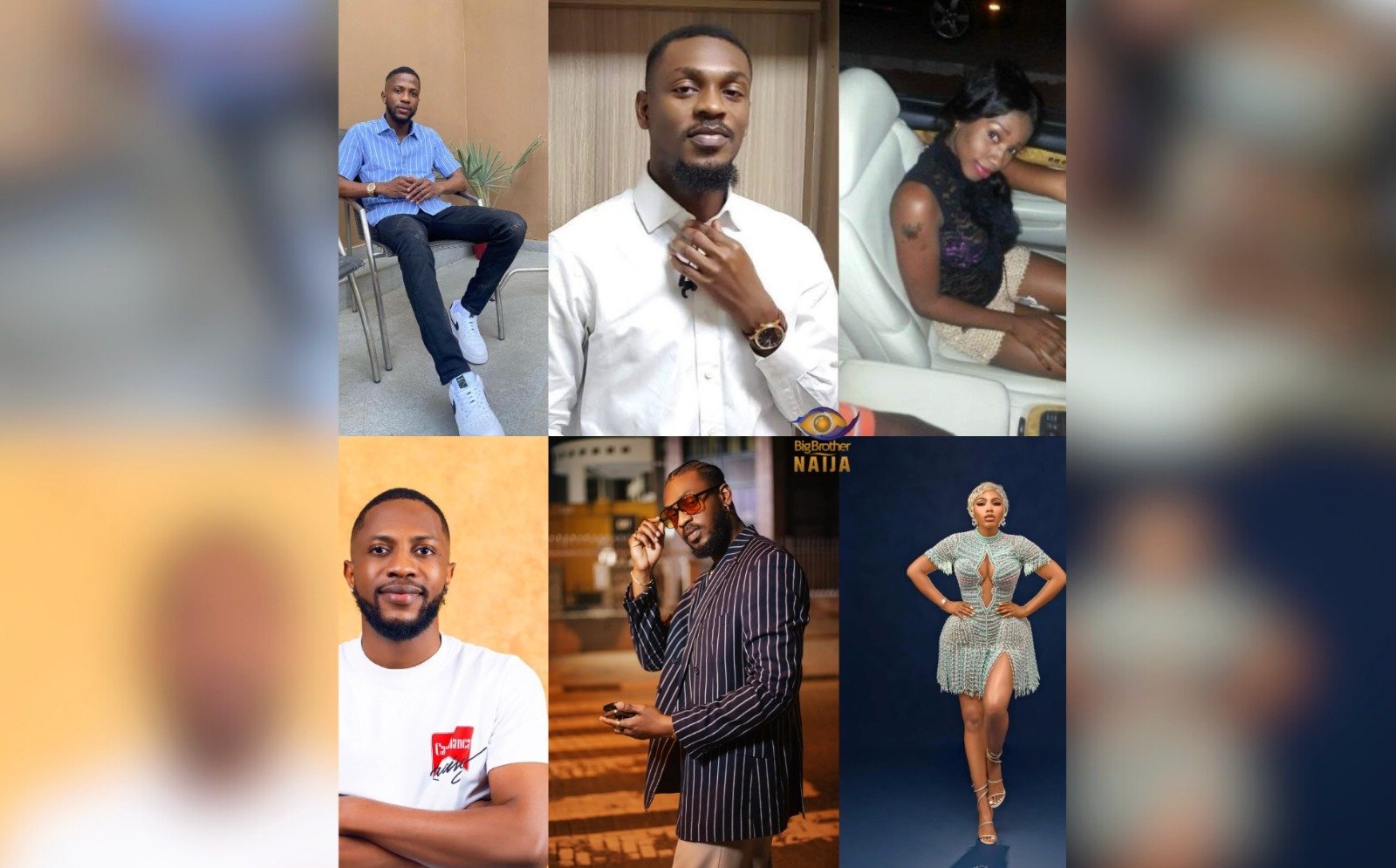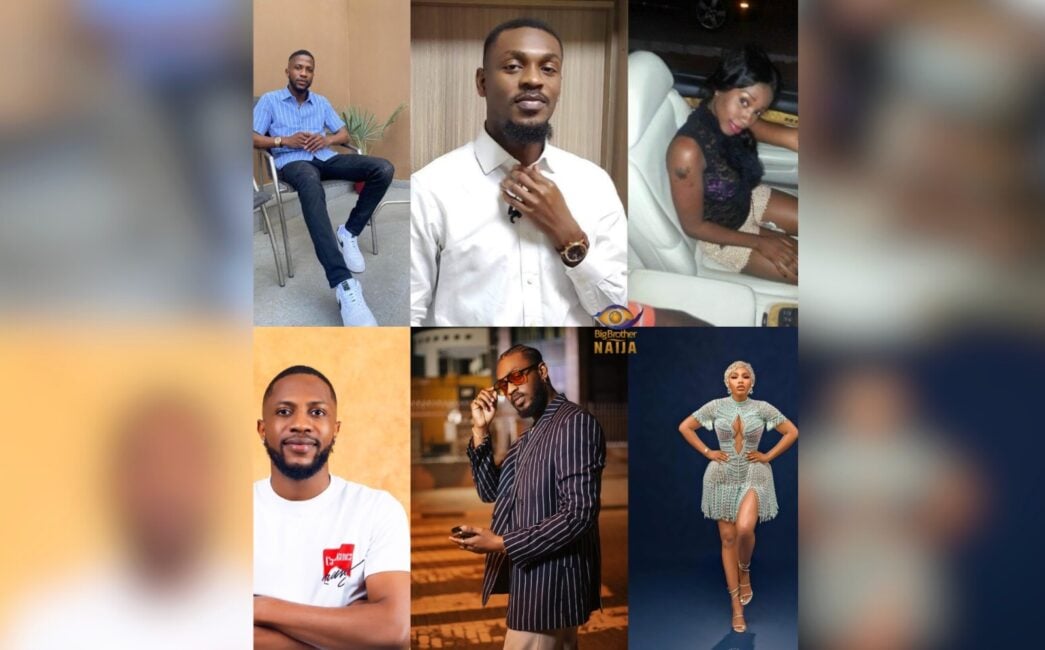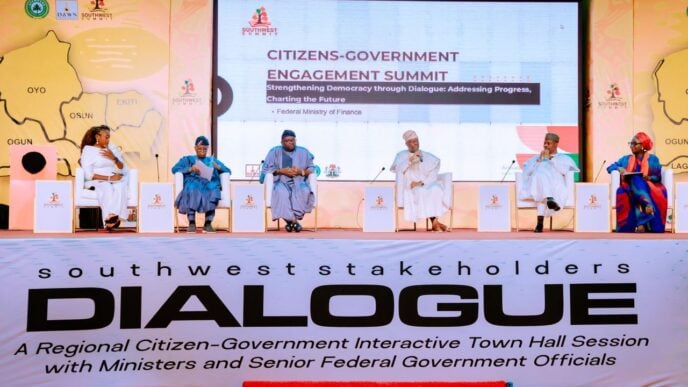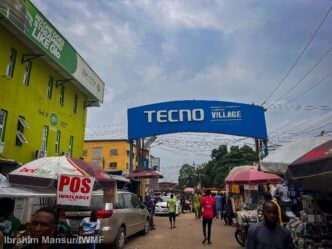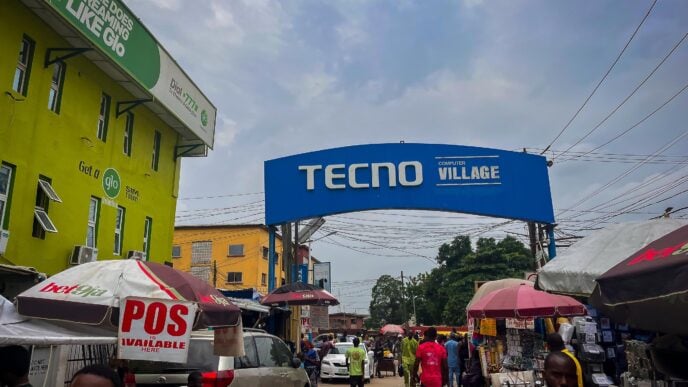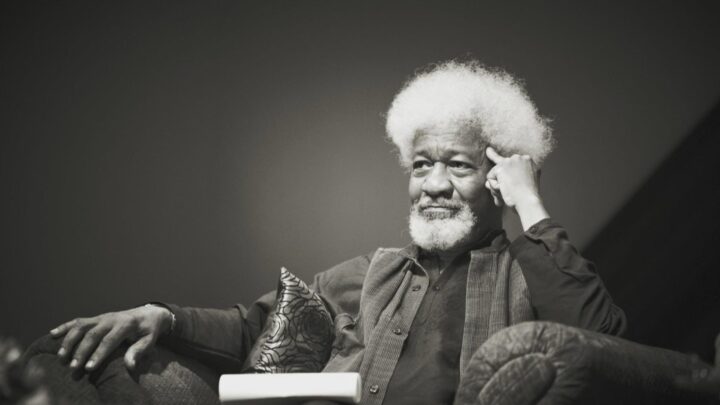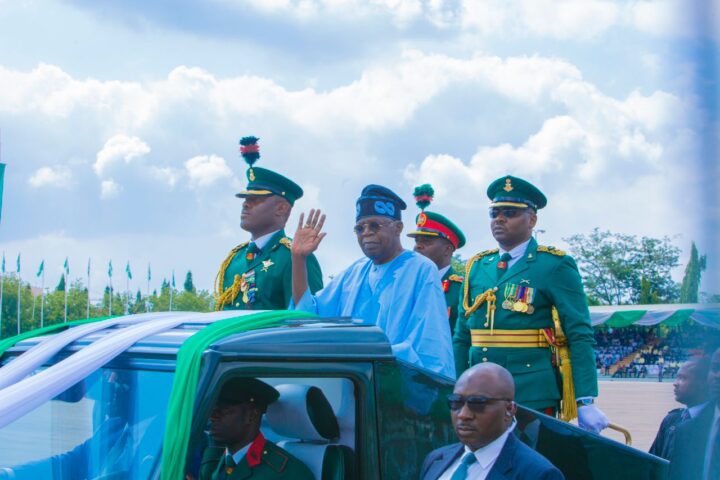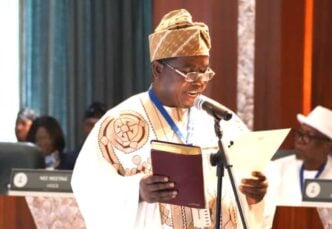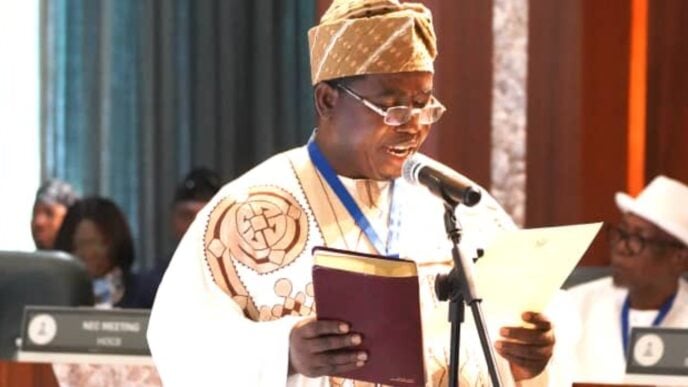BY SAM UMUKORO
From anxiety to authenticity, former housemates Kayvee, Adekunle, and Doris, and leading experts reveal the unseen toll and triumph of Nigeria’s most-watched reality show.
On an August evening in 2021, Ololade “Kayvee” Olajide made a decision that stunned millions of Nigerians. After barely a week in the Big Brother Naija house, the 26-year-old photographer walked away from the show, citing overwhelming anxiety. His quiet exit sparked a national conversation—not about gossip or eviction odds, but about mental health, courage, and the cost of constant visibility.
“Some said weakness, some said bravery,” Kayvee recalls. “But to me, I was very courageous to take that step and seek myself first. Because whether I like it or not, there’s life after Big Brother.”
That moment marked a turning point in the story of Big Brother Naija, a programme long dismissed by critics as pure spectacle. Today, a growing number of voices – from academics and psychologists to former housemates like Adekunle Olopade (BBN Level Up and All Stars) and Doris Okorie (BBN Season 10) – argue that the show has evolved into something much deeper: a mirror of Nigerian society and a stage where the nation’s youth negotiate identity, ambition, and resilience in real time.
Advertisement
“Big Brother Naija is not just a television programme; it is a social laboratory,” says Professor Dave Betelwhobel, Department of Sociology, Federal University of Lafia, Nasarawa State. “It mirrors our society – the conflicts, the cooperation, the struggles for dominance, the alliances and betrayals. It is a reflection of Nigerian youth culture.”
And within that reflection, familiar human truths shimmer – the pressure to perform, the fear of failure, and the search for oneself in a world that never stops watching.
The Rise of a Cultural Juggernaut
Advertisement
Since its debut in 2006, Big Brother Naija has grown from a modest reality experiment into Nigeria’s most-watched and most-debated television franchise. This year’s edition – Season 10 – came with a record-breaking prize pot of about ₦150 million, cementing its place as not just a game show but a cultural event that holds millions of Nigerians spellbound.
What began as a localised version of the international Big Brother format, Big Brother Naija has evolved into a platform that blends entertainment, aspiration, and social commentary, providing its housemates with the opportunity to achieve instant fame and fortune.
Over the years, each winner has reflected a shifting cultural moment: Katung Aduwak (2006) showed how the platform could launch creative careers; Efe Ejeba (2017) became a folk hero for his “based on logistics” hustler mantra; Mercy Eke (2019) broke gender barriers; and Laycon (2020) turned the show into a music and intellect showcase.
Beyond its housemates, the show itself mirrors Nigeria’s evolving youth culture – sparking debates on morality, class, gender, and ambition while creating a new ecosystem of celebrity influencers. With strangers confined under 24-hour surveillance and judged by the public, BBNaija operates as both a game of survival and a psychological experiment where identity, strategy, and audience pressure collide.
Advertisement
According to Multichoice Nigeria, the franchise generates billions of naira annually through advertising, sponsorships, and voting. Industry analysts estimate it contributes to Nigeria’s economy by creating thousands of jobs across production, marketing, and digital media. For many Nigerians, it is more than television: it reflects the hunger for possibility and visibility in a society where traditional success pathways often feel blocked.
The Social Experiment of a Generation
In Betelwhobel’s view, BBN “mirrors our society – the conflicts, the cooperation, the struggles for dominance.”
For all its glitz, BBNaija functions as a sociological experiment: strangers from different backgrounds locked in a confined space, forced to negotiate alliances, romances, and conflicts – all under the unblinking gaze of the camera.
Advertisement
Dr Adeoye Oyewole, consultant psychiatrist and Head of Psychiatry at Ladoke Akintola University of Technology, describes the BBN House as “a microcosm of society where instincts and coping strategies are played out; only here they are under continuous surveillance.”
Adekunle Olopade, who has been a housemate twice, bluntly states that Big Brother Naija is the largest reality TV show in Africa. Whether you win or lose, you’re exposed to millions. What you do with that fame depends on you.”
Advertisement
Living Under Surveillance
The cameras never blink. Every laugh, quarrel, and silence is archived for mass consumption.
Advertisement
“Usually, before I went on Big Brother, I was more behind the camera,” Kayvee recalls. “Then suddenly, I’m in front of multiple cameras. It was very new. I didn’t know how to navigate through that.”
Dr Oyeyemi Babalola, a psychologist at the Obafemi Awolowo University, Ile-Ife, Osun State, explains this phenomenon as “masking”: “People hide their true personality to fit social expectations. But masking causes burnout, loneliness, and emotional exhaustion.”
Advertisement
Prof. Aderemi Ajala, a professor of African Anthropology at the University of Ibadan, Nigeria, and the University of Mainz, Germany, adds: “In African societies, identity is often relational, shaped by community and expectations. BBNaija is a modern stage where contestants perform not just for each other but for a nation. It is at once entertainment and a rite of passage into celebrity.”
Kayvee admits the strain: “You can’t be acting for 24 hours, seven days a week, for nine weeks. Your real self is going to come out. For me, I was fully authentic – but it was overwhelming,” he said.
Adekunle echoes his views: “I made sure that I tried to be myself as much as I could. You can only pretend for so long. Nobody can put up an act forever…”
Doris Okorie adds another perspective: “Sometimes, it was a bit heightened, because being myself at work, at home, or with my family is different from being myself with 28 other strangers.”
When the Spotlight Burns Bright
Kayvee describes his anxiety vividly. “I had anxiety because I wasn’t used to being in front of the camera. I felt like I was breaking down. That’s why I wanted to leave.”
For Dr Oyewole, that moment was transformative, as Kayvee’s exit brought mental health to the front burner. “He forced the nation to confront what many would rather ignore.”
As Adekunle notes, “When you go into the house, that’s the end of anything sane; you’re trying to figure out what the next person’s strategy is. The fear of eviction is something else entirely.”
Doris agrees on the toll: “There was mental pressure; you cannot walk away. That would definitely mess with your emotional or mental stability.”
Audience Reactions
In Big Brother Naija, the audience is not a passive observer. Viewers vote, trend hashtags, and decide winners and losers. They also shape the housemates’ emotional journeys.
“Fans start comparing lives to each other,” Kayvee says. “They’ll say, ‘What’s this person doing now?’ The competition teaches you to be strong and fight for yourself.”
Mrs Mariam Abiola Salaudeen, an English and literary studies lecturer at Osun State University, frames this as a literary phenomenon, noting that BBNaija creates narrative arcs – heroes, villains, and underdogs. “The audience consumes and co-authors these stories through commentary, voting, and online debates. In doing so, they exert psychological pressure on the contestants who must live up to these imposed characters.”
Doris points out the reality behind the attention: “These are people who don’t know you personally. They know a version of you created on television.”
Performance vs. authenticity.
Some might say the line between real and performed identity blurs. But not so for housemates. “It’s easy to act, but you can’t act forever. Your real self is going to show,” Kayvee says.
Prof. Ajala sees this tension as cultural: “In African performance traditions, there is no strict divide – identity is always partly performed. BBNaija makes this visible in a new way.”
Adekunle adds from experience: “As far as reality shows are concerned, with the Nigerian audience and public perception, being your real self doesn’t always pay.”
Life After the House
If the house is intense, the outside world can be even harsher. Post-BBNaija life is characterised by sudden fame, brand endorsements, online trolling, and the pressure to “remain relevant”.
“It took me a little bit of time to adjust,” Kayvee admits. “It takes some people a lifetime to get fame. For me, I was only there for one week, and everybody knew me.”
Adekunle could relate to this: “After the show, there’s not enough time for the housemates to assess your mental health; the show ends on Sunday, and by Monday, you’re already doing interviews.”
Doris agrees but notes that it’s different now because there are certain places you probably want to go to, and you have to think about them.
Nevertheless, all three former housemates view the experience as a catalyst. “Big Brother Naija was a blessing. It connected me to wonderful people, great minds,” Kayvee says.
For Doris, it opened up opportunities: “After coming out of the house, people recognise your value more.’ Now, you can walk into rooms that you regularly wouldn’t even have had access to.”
Obi Asika, Director-General of the National Council for Arts and Culture, adds that the show creates thousands of jobs in the creative economy. “Big Brother Naija is the biggest production in the country. It creates stars and jobs for those who work in other spheres of creativity, especially television and films. It shapes narratives that reach global audiences. Without Multichoice, we won’t have Africa Magic or BBNaija; it enhanced Nigeria’s soft power and the Afrobeats revolution.”
Beyond Entertainment
Critics sometimes dismiss BBNaija as vulgar, frivolous, or a distraction from Nigeria’s real problems. But scholars and experts argue that the show, rather than creating, mirrors societal issues and contradictions.
“I think Big Brother Naija goes beyond just entertainment,” says Kayvee. “To me, it’s a social experiment that shows how people of different backgrounds interact, and fans see themselves in the housemates.”
Adekunle agrees that “Big Brother is a mirror of society.” Doris adds balance to the debate: “Two things can be correct at the same time. Big Brother is an entertainment show, but it can have depth too.”
Alex Nwachukwu, a clinical psychologist and mental health expert, agrees. “Big Brother Naija has brought mental health to the front burner. I want them to do more. They should bring experts on mental health to discuss it with people and throw more spotlight on it.”
Asika adds, “You know that when you watch the show, you’re dealing with real people, and the real energy from people is what drives the show. That’s the bottom line. BBNaija does not present itself as a moral solution; it presents itself as a massive entertainment platform that also showcases aspects of the culture, music, fashion, connection, communication, and literature.”
For policymakers and elites, the challenge is to recognise BBNaija as both a spectacle and a lens, which reveals identity, resilience, ambition, creativity, and economic impact. It contributes billions and offers lessons on celebrity and humanity while shaping youth culture and the creative economy.
Perhaps, as Adekunle notes, “Big Brother Naija exposes you to millions. What you do with that fame is totally dependent on the individual.”
For Doris, “The process for me outweighs the win or the gains, because that’s when you learn and unlearn.”
In the end, Big Brother Naija is not just another entertainment and reality show. Its depth lies in the stories, resilience, and humanity of young Nigerians, who sometimes laugh, cry, and show the full display of a variety of emotions – under bright lights and the intent gaze of a nation and a whole world that never stops watching.
Views expressed by contributors are strictly personal and not of TheCable.
